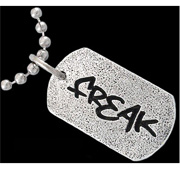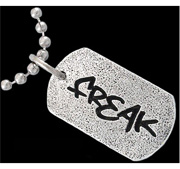
When Not Fitting in is a Good Thing
 In a recent post, “VIDEO: Pains in the Office,” Andrew gave some terrific examples of stereotypical rude co-workers and how they drive us nuts. I’ve always been thankful that at least they seem to be in the minority. But an article in eWeek.com, “Four in 10 Workers Say They Don’t Fit in with Peers,” tells us that it’s possible most of us are outnumbered by these characters. The article points out how one “bad apple” in a work group can “spoil the “barrel” and have a negative affect on the group as a whole:
In a recent post, “VIDEO: Pains in the Office,” Andrew gave some terrific examples of stereotypical rude co-workers and how they drive us nuts. I’ve always been thankful that at least they seem to be in the minority. But an article in eWeek.com, “Four in 10 Workers Say They Don’t Fit in with Peers,” tells us that it’s possible most of us are outnumbered by these characters. The article points out how one “bad apple” in a work group can “spoil the “barrel” and have a negative affect on the group as a whole:
“Rude, gross and inappropriate behavior by co-workers and managers is not the exception in the workplace, research suggests. A similar study on the effects of rudeness finds that when teams witness incivility, negative thoughts dominate and diminish productivity for the larger group.”
Scary, huh? It seems to me that the offender would self-select out of the group or modify his behavior after receiving negative cues or feedback from the group. But maybe the group is unwilling or feels powerless to address the issue. I haven’t worked in a corporate environment for awhile, but I remember a certain level of civility was expected in employee interaction/the environment. And if there was someone who’s behavior was inappropriate or unprofessional, we all expected management to address it with the person. But what if your boss is the culprit? He/she is setting the tone for the work environment. Is it then HR’s problem?
From a psychological perspective, perhaps it makes sense that if “unacceptable” behavior is the M.O. in someone’s personal life, they wouldn’t have a clue to modify it when in the workplace. But as my grandmother used to say, “Did you grow up in a barn?” Most established work environment protocols should be no-brainers.
So will you be the one brave soul who tells the office boor to cool it?
This is a post by Nancy LaFever. You can read more from her at the Centre for Emotional Wellbeing blog.
Leave a Reply